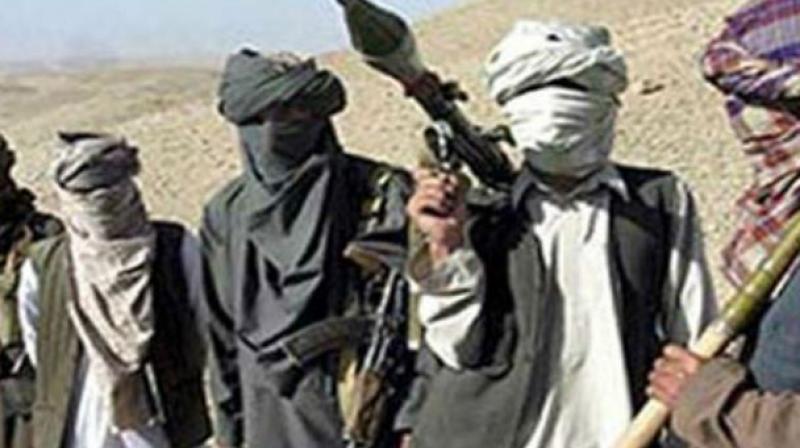US-Pak trust deficit will be hard to bridge
The US says it wants a negotiated political settlement in Afghanistan.

The current level of mistrust in the Pakistan-US relationship is unprecedented. Even in 2011, when ties had literally broken down, there were individuals with good rapport on both sides who continued to use their channels to get things back on track. The idealism of the Kerry-Lugar bill and the belief that the two sides would somehow work things out — partly because there was a consensus on Pakistan’s utility in wooing the Taliban to negotiate — still lingered. Today, there is little positivity. Both sides see the other as pursuing a course or making demands that undermine their national security interests. They have no trusted interlocutors to clear the air. When mistrust grows this deep, the rational response often is to attribute the worst possible intentions to the other side. But doing so makes it even tougher to find common ground. I’ll confine myself to the Pakistani side here although the argument is equally applicable to both parties.
The US says it wants a negotiated political settlement in Afghanistan. The use of military force is only meant to weaken the Afghan Taliban to bring them to the table. Its South Asia policy has nothing in it to suggest that its presence in Afghanistan is about anything but stabilising the country. If Pakistan wants to avoid a collapse of the Afghan state or a battlefield victory for the Taliban, this ought to be better news than the precipitous withdrawal President Obama wanted. Indeed, Pakistan opposed a US exodus then. Yet, mistrust in current US intentions has led to try different conclusions among large parts of the Pakistani establishment and intelligentsia. There are three lines of argument. One, the US isn’t serious about a peace process, and is pursuing a path to military victory in Afghanistan, which shall remain elusive no matter what Pakistan does to help. Why then should Pakis-tan go after the Taliban and Haqqani network? That would turn them against the Pakistani state. And Pakistan would have sided with the loser.
Two, even if there were a possibility for the US to get to a position of real strength in Afghanistan, its preferred end state would be to leave an India-friendly dispensation in Kabul. Decode this to mean that India would have the influence to create a two-front situation for Pakistan on a sustained basis. How does this suit Pakistan? Third, the Trump South Asia policy isn’t about Afgh-anistan. Rather, Afghanistan is an excuse for the US to maintain a regional presence — to watch over China, Russia, Iran and Pakistan’s nuclear weapons. Why should Pakistan do anything to facilitate this long-term presence? When I contend that this is too cynical, I am reminded of several official US statements and policy choices to substantiate the sanctity of these perceptions. After all, is it not true that the US has shown no signs of engaging in serious dialogue with the Taliban? Can one deny that the world tends to dismiss Pakistan’s concerns about Indian activities in Afghanistan and sees an Indian role there as positive? Has the Trump administration not declared China and Russia as strategic competitors that must be kept in check?
Could a less cynical take on US intentions not open space for Pakistan to convince the US of the merits of a continued partnership? Or is it not possible that the US itself isn’t clear on where it wants to end up and is thus keeping its options open? Shouldn’t this prompt Pakistan to work to convince the US of its view rather than operating on worst-case assumptions? The problem is that bridging the trust deficit is going to be virtually impossible in the absence of trusted interlocutors. And yet, persisting with the cynicism it breeds could cause further divergences and result in a rupture of ties.
By arrangement with Dawn

